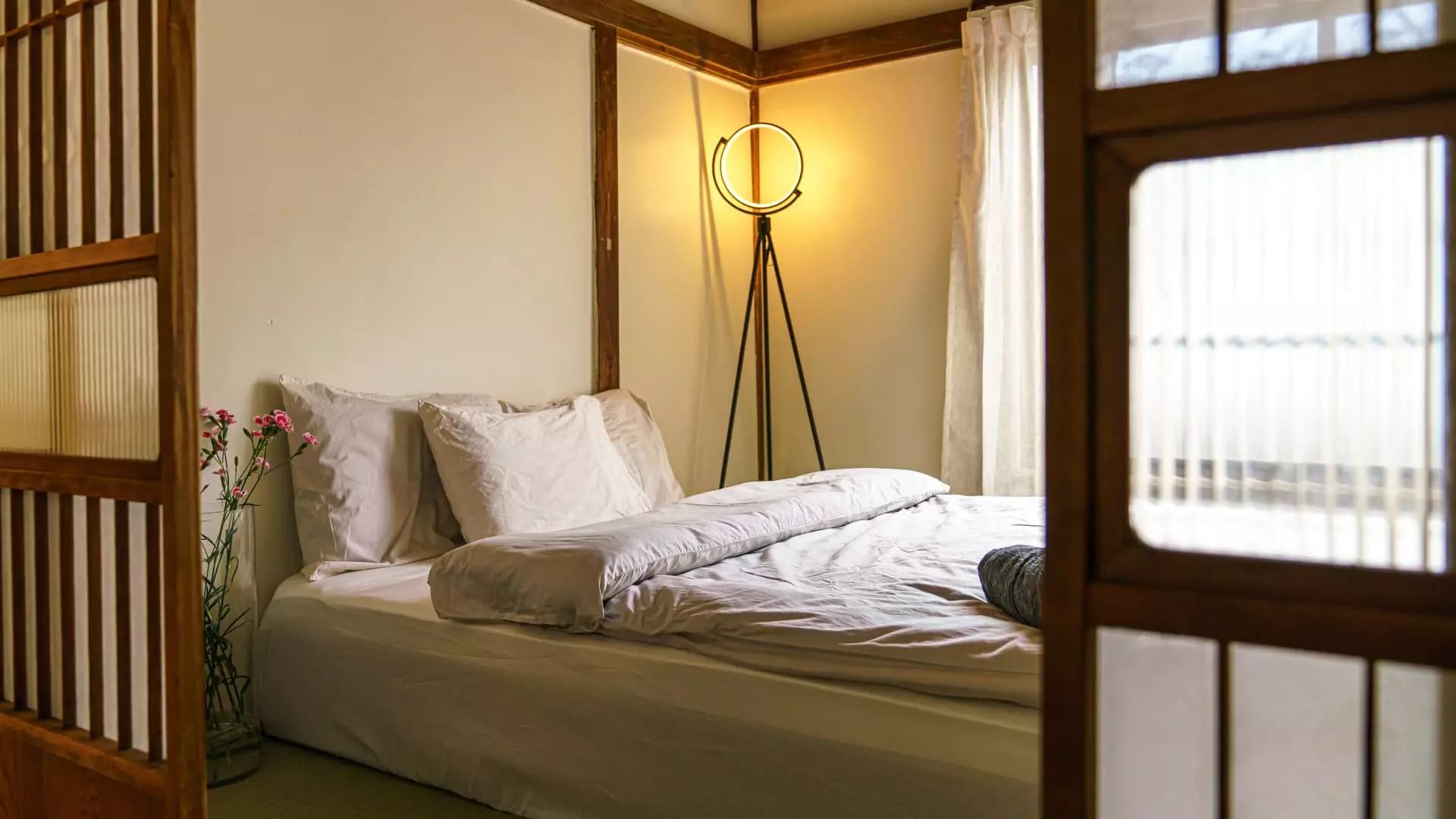In a time when many nations grapple with housing shortages, Japan faces an entirely different challenge: an immense surplus of empty properties, known as “akiyas.” As of 2023, there stands a staggering 9 million such abandoned houses, relics of a past where their elderly owners have long since passed. Amidst this backdrop, Anton Wormann, a 32-year-old passionate renovator, saw a golden opportunity to breathe new life into these, often neglected, homes. The aesthetic allure of restoring old spaces and his profound love for Japan have forged a path for Wormann that intertwines entrepreneurship with preservation.
Wormann’s journey to Japan began in 2015 during a professional visit that ignited his fascination with the culture, food, and scenic vistas of the country. This affection propelled him to relocate to Japan in October 2018, marking a crucial turning point in his life. His discovery of an abandoned property next door set the stage for a venture that would transform not only his life but the lives of others who might inhabit these revitalized spaces.
Upon investigating the vacant building next door, Wormann learned it had been uninhabited for nearly a decade. He found worth not only in the structure itself but also in the cultural tapestry it represented. Yet, as he delved deeper, he discovered that this home was far from a blank canvas; it bore the weight of abandonment. The remnants of the previous owners cluttered its rooms, and termite infestations threatened its very foundation.
Despite the pressures and uncertainties of the renovation process, Wormann was undeterred. His dedication to the property was unwavering. A well-thought-out investment of 8 million yen (approximately $54,000) secured the aging house, but the true test lay ahead. Knowing he had to navigate through a labyrinth of challenges—cleaning out the old belongings, addressing the termite damage, and making extensive structural repairs—Wormann braced himself. The location, bathed in sunlight and nestled in a promising area, informed his belief that any obstacle could be overcome with patience and perseverance.
Transforming an akiya is a monumental task, one that requires significant time, effort, and creativity. Wormann dedicated over 1,000 hours over the span of 15 months, intertwining technical skill with an artist’s touch. Each decision—ranging from the layout to design aesthetics—was painstakingly cultivated. “You feel the light and the space,” he remarked, revealing his thoughtful approach to renovation. He invested another 8 million yen into the property’s renewal, ultimately pouring around $110,000 into the entire project.
Through a series of meticulous demolitions and careful renovations, Wormann’s vision began taking form. The property slowly transitioned from a state of abandonment to a revitalized short-term rental gem, appealing to both tourists and locals. This segment of the market has proven lucrative; his akiya now garners an impressive $500 per night on platforms like Airbnb, yielding approximately $11,000 in monthly rental income.
What initially started as a nostalgic venture to restore a home evolved into a flourishing business model. Wormann has expanded his footprint in Japan’s real estate market, currently owning eight properties, seven of which were once forgotten akiyas. The renovations on three are complete, while he continues to work on four additional properties, a testament to his growth as an entrepreneur.
As Wormann navigates this evolving landscape of property management, he remains acutely aware of the broader social context surrounding these abandoned homes. He observes a fading cultural heritage, where villages that once thrived are now slowly declining. “There are a lot of beautiful houses that are going to waste,” he reflects, emphasizing the blend of nostalgia and opportunity inherent in these structures.
Anton Wormann’s odyssey in Japan epitomizes the intersection of passion and practicality. He champions the revitalization of akiyas, transforming them into beautiful homes while ensuring that pieces of Japanese culture are preserved. For Wormann, this is more than just business; it is a heartfelt mission to reclaim and honor the stories held within the walls of each neglected abode. As he continues to restore the remnants of history, he invites others to envision a brighter future for these abandoned spaces, celebrating the beauty of what was and what can be.

Leave a Reply